Even the most successful startup founders had to start somewhere—and that first step is overcoming the fear of failure. But it’s not just would-be founders who have to fight the fear—our CEO Journey Survey found 90 percent of CEOs and founders admit the fear of failure keeps them up at night more than any other concern.
That’s why we asked some of our fearless founders to share their stories of overcoming early-stage startup challenges and their advice on how to get past imposter syndrome. Read on to learn how to move from having a great startup idea to becoming a startup founder.
Why Being Mission-Driven Is Critical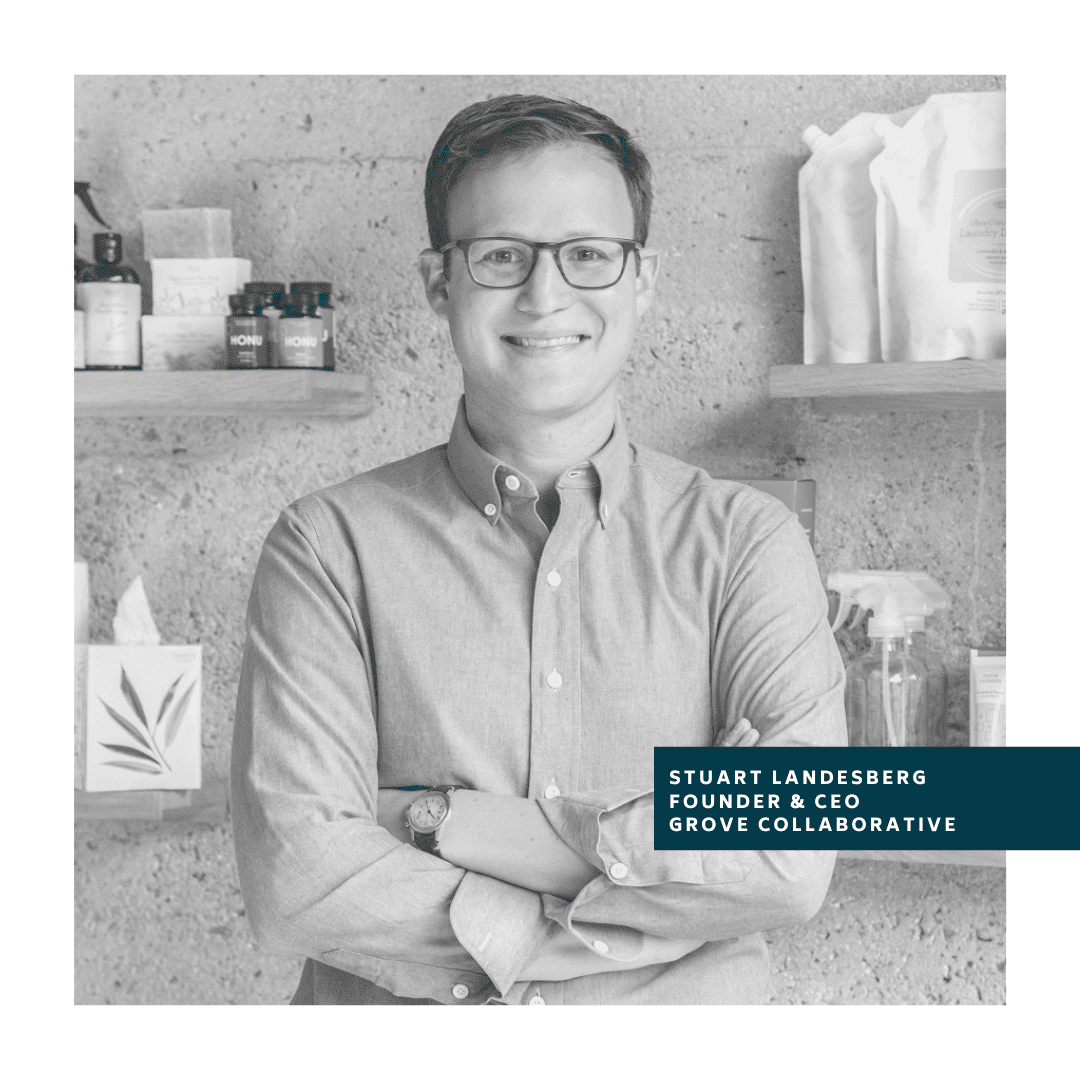
“The advice I’d give to someone starting a company is to pick a mission that you love and that you truly believe in,” says Stuart Landesberg, Founder & CEO, Grove Collaborative. “The purpose of the company determines what kind of people you attract over time. So, companies that prioritize money are going to attract people who primarily care about money, and so on.”
“If there’s a mission that resonates with you, it’s going to be so rewarding to wake up every day and work on it, and you’re going to attract people who care about the same things. It creates an amazing environment—in good times and in bad —to do the best you can to make the change you want to see in the world.”
How Passion Drives Dedication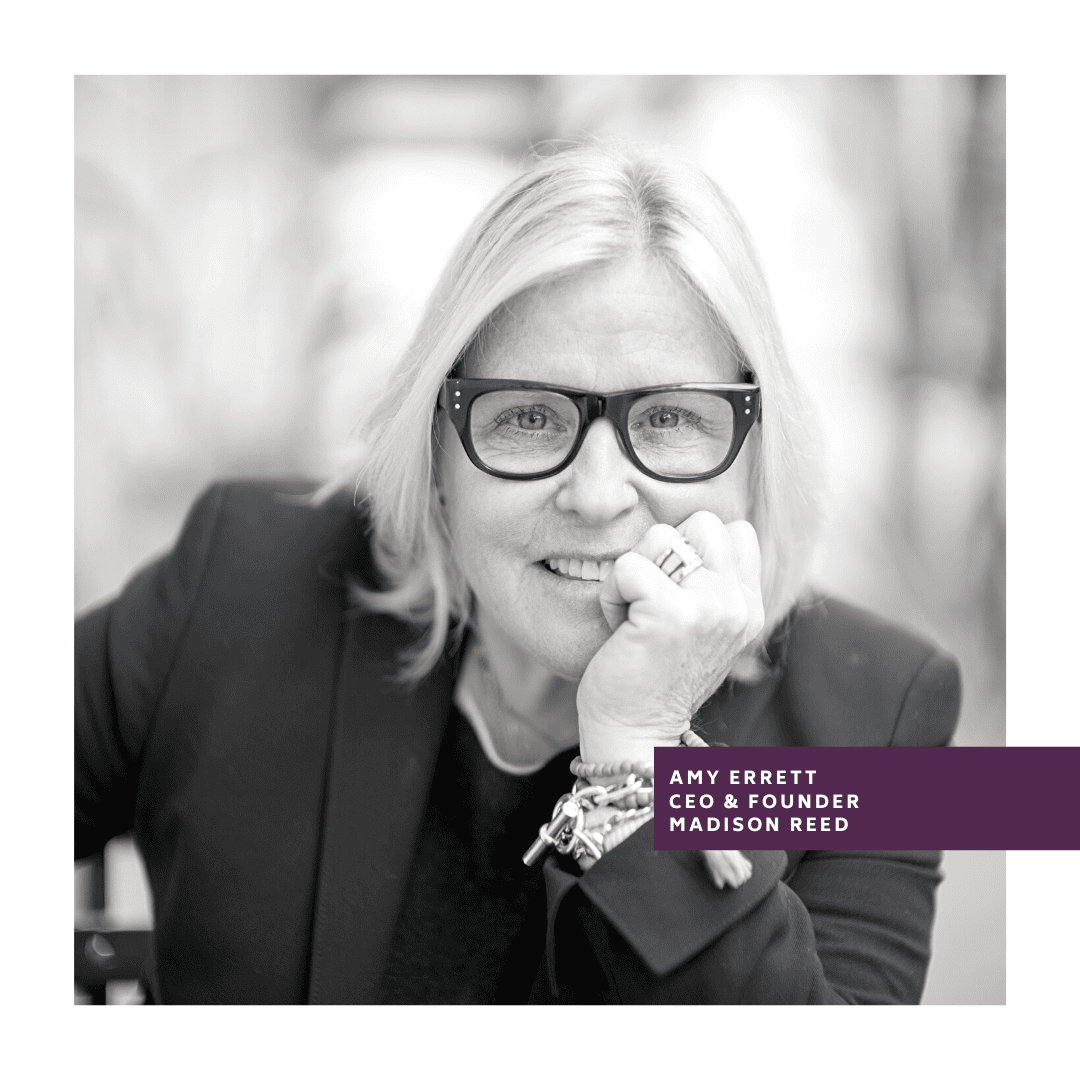
“You have to derive passion from this,” says Amy Errett, CEO and Founder, Madison Reed. “I call it the ‘tee’ account, like your bank account—the assets and the liabilities.”
“There are some days where the liabilities just seem like they’re going to outweigh the assets. But when you are just completely passionate about getting up and doing this every day, dedicated to your people—and in our case dedicated to consumers and changing their lives— there’s nothing like having the opportunity to put your stamp, your imprint on the world through your work.”
You’ve Got to Get Started 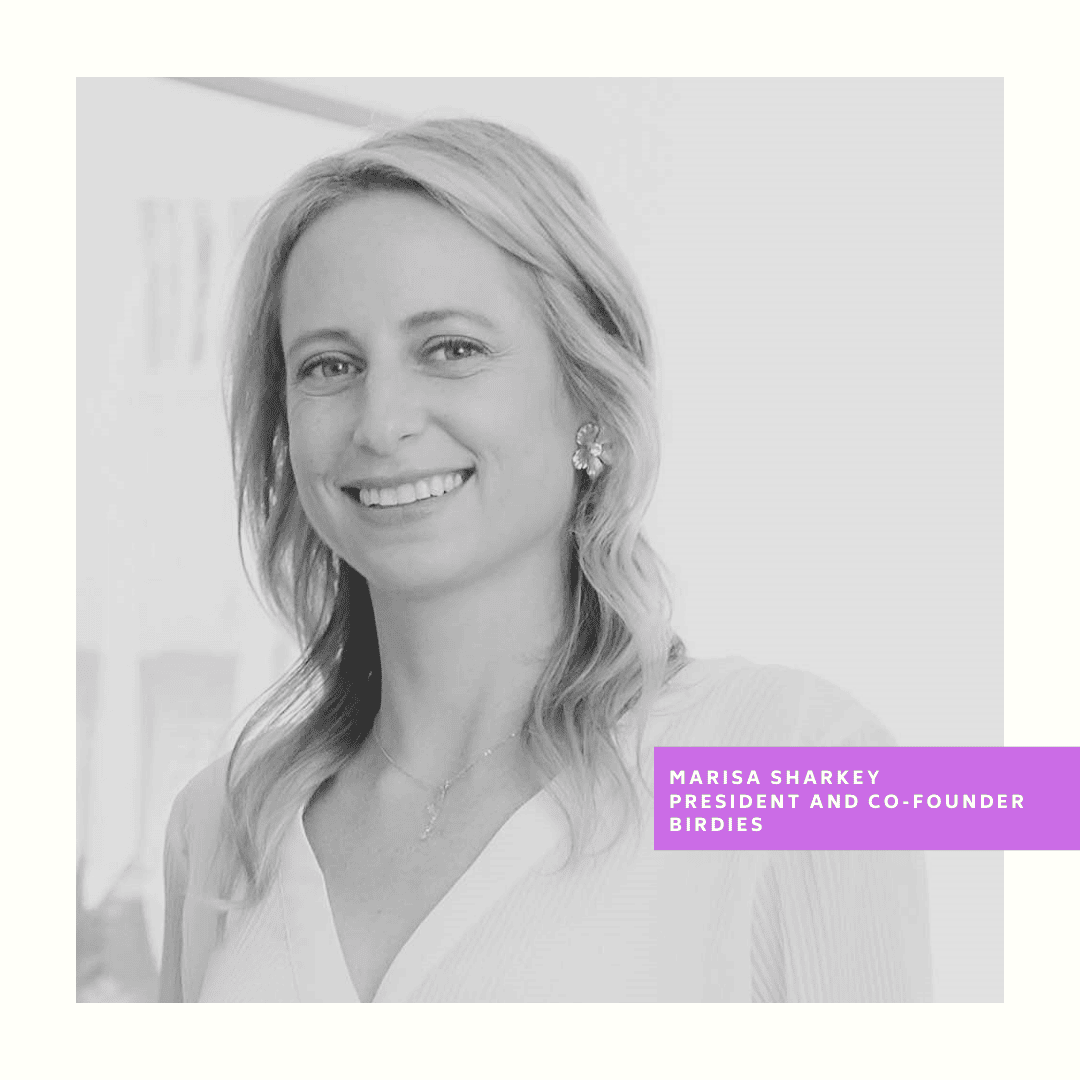
“I would say to any entrepreneur: just start,” says Marisa Sharkey, President and Co-Founder, Birdies. “We started from our living rooms. We would just rip shoes up and tape them together to see what different types of materials we’d want to use to create footwear that looked great but was actually super comfortable at the same time. Just put one foot in front of the other—you don’t have to bite off more than you can chew—just start!”
Don’t Go it Alone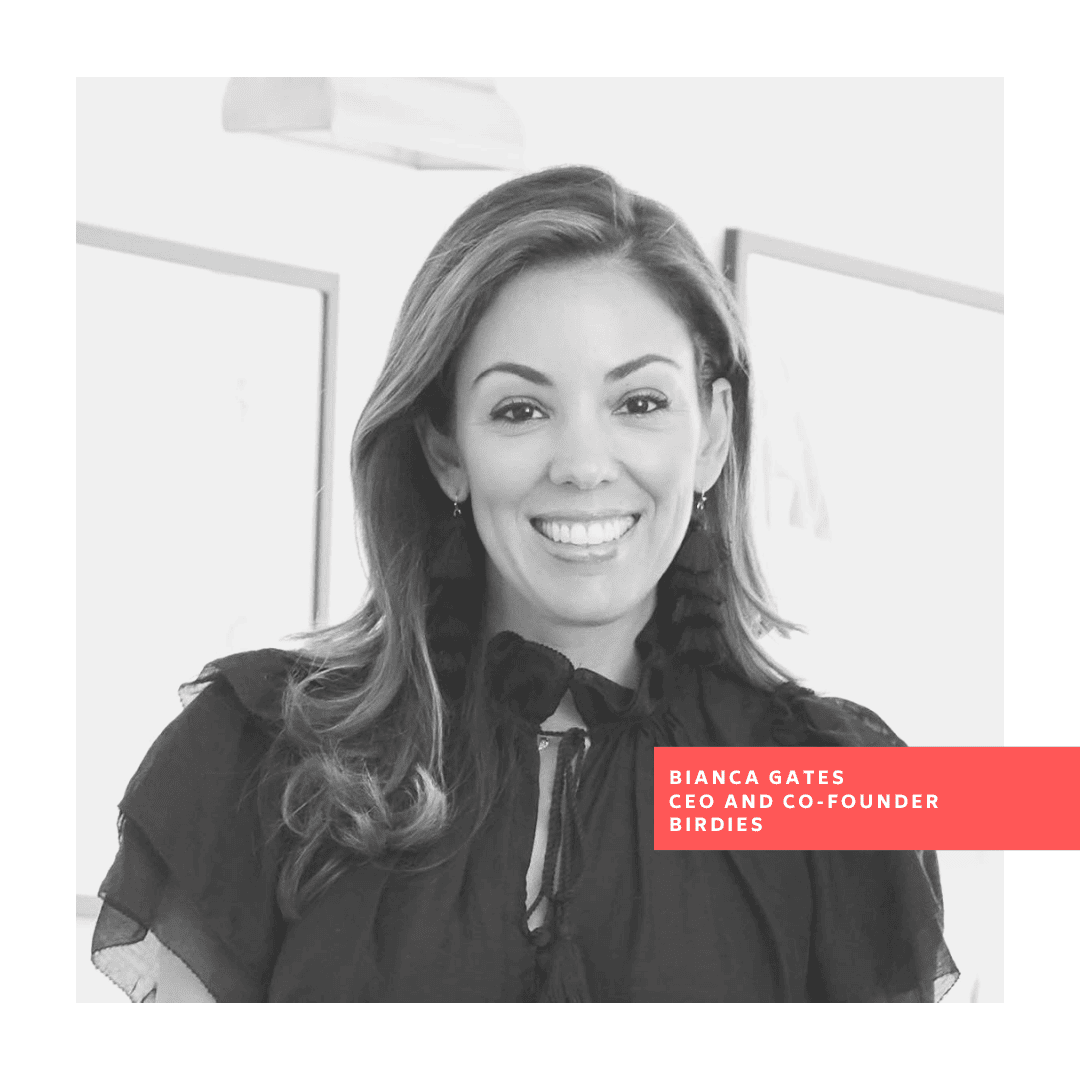
“You really need to have a co-founder who has just a complementary set of skills to you,” says Bianca Gates, CEO and Co-Founder, Birdies. “It’s really a lot for one person. It’s also lonely for one person, so it’s great to have someone to share the ups and downs and the highs and lows with. That’s been one of the greatest pieces of the experience, and it’s absolutely what I would recommend to other people.”
Don’t Make Decisions in a Bubble
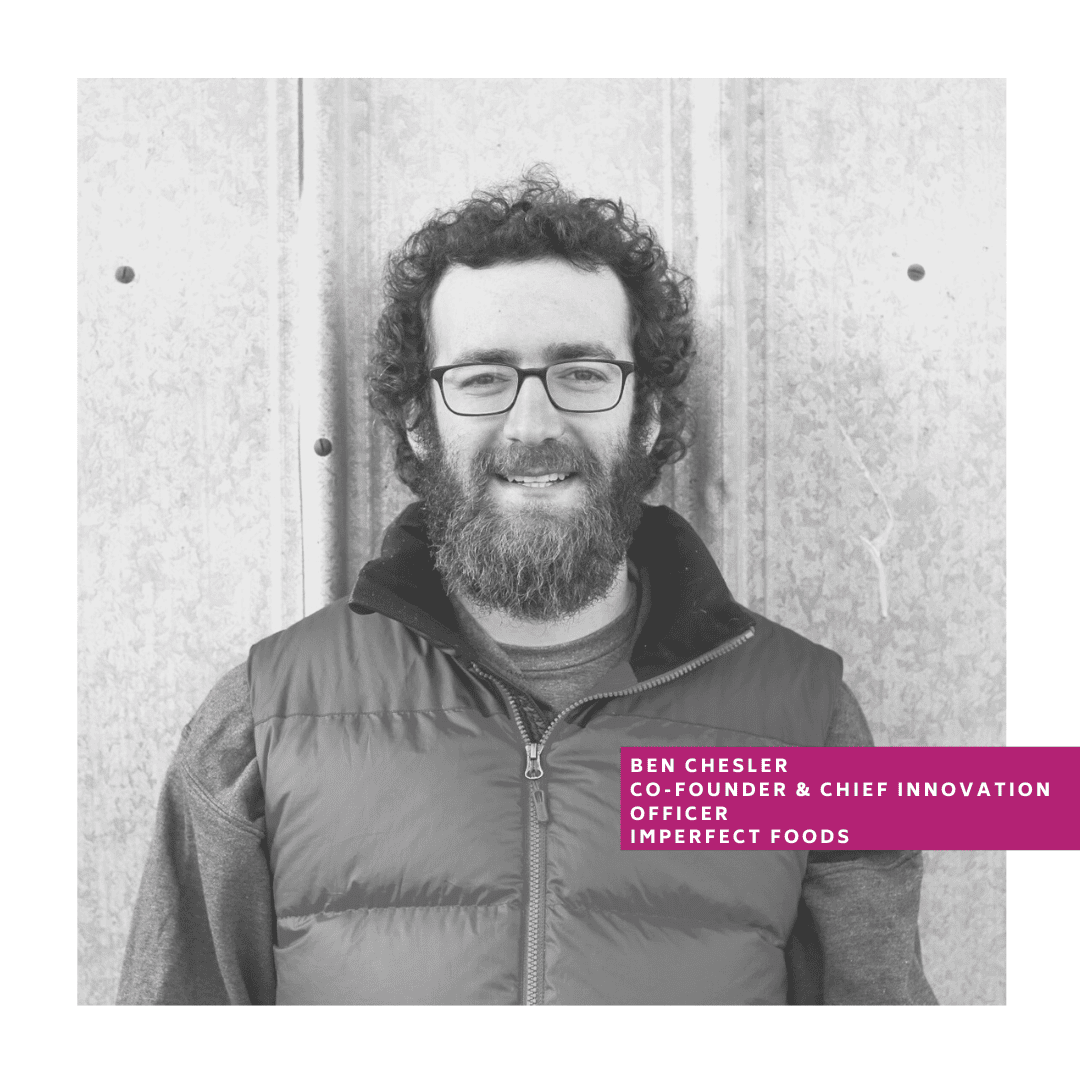
“It’s challenging to build a brand from the ground up,” says Ben Chesler, Co-Founder and Chief Innovation Officer, Imperfect Foods. “New founders are often juggling many projects at once and that can lead to decision-making in a bubble. To curb potential blindspots, I often tell founders to surround themselves with smart people—experts, advisors, teammates, etc.—and to listen when that collective sounding board offers guidance. Also, it’s important for founders to always keep customers’ needs top of mind. At the end of the day, your brand exists to serve a community. All decisions should reflect the best interests of the people buying your products.”
“My co-founder Ben Simon and I knew we needed to build a strong leadership team when starting Imperfect Foods. Immediately after raising our Series A round, we brought on an incredible executive team.”
“On the product side, early on we shifted our business model due to customer demand and feedback. Initially, Imperfect Foods (then named Imperfect Produce) offered a limited assortment of seasonal produce, and customers had little choice in the items they received each week. We revamped our supply chain and created an ever-changing list of fully customizable offerings after hearing from a majority of customers that they wanted a larger selection they could tailor according to their preferences.”
Get Creative With Your Prototype
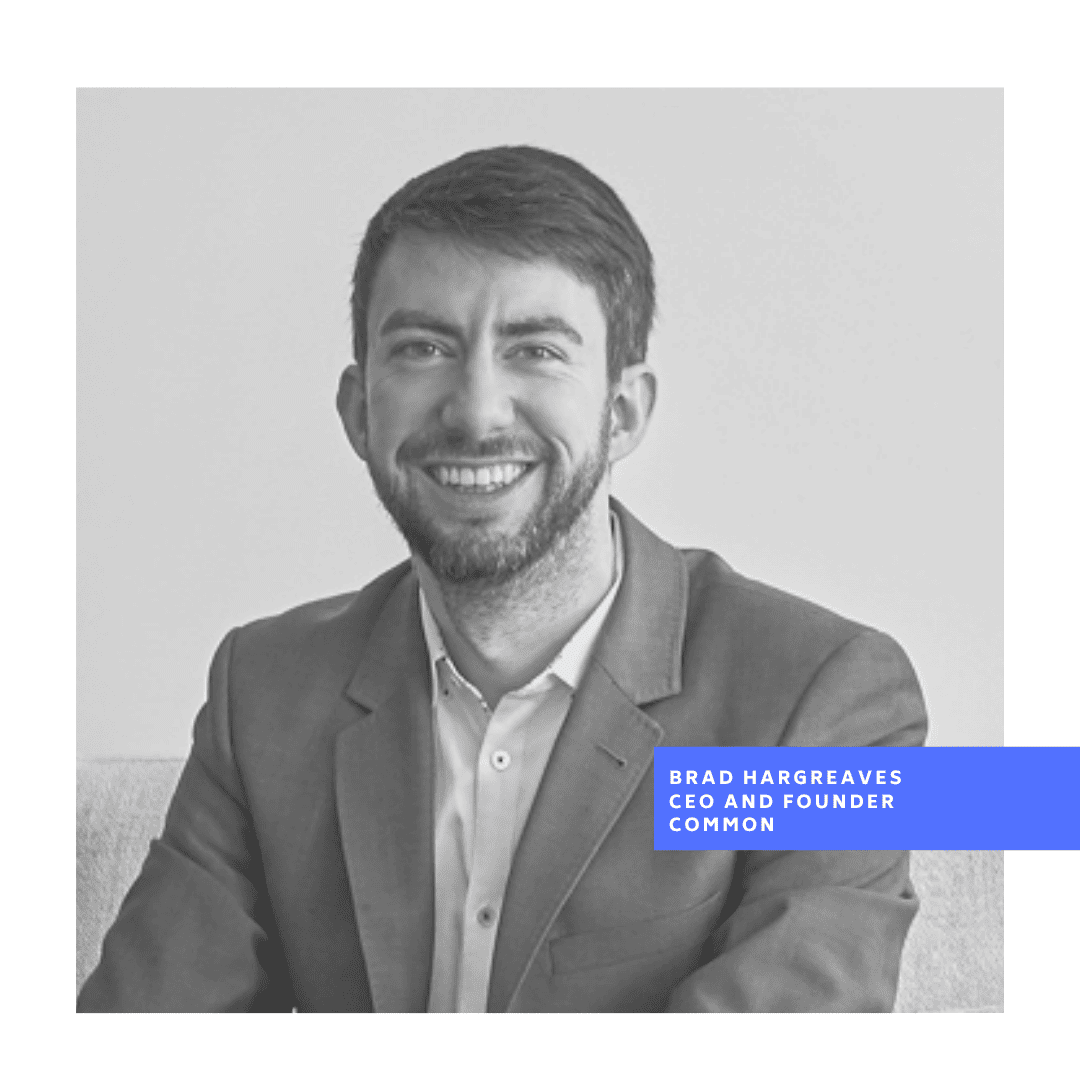
“I really encourage entrepreneurs to think about ways they can prototype their ideas that don’t require a huge amount of investment and time,” says Brad Hargreaves, CEO and Founder, Common.
“At Common, we found an empty building—a tiny condo project that was struggling to sell on the market. Then we secured a real estate investor to buy the entire building, and we ran it as a co-living development. Common was able to bring a brick-and-mortar product to market about six months after founding the company, with relatively small capital needs.”
“It’s important to find ways to prototype your concept faster without years and millions of dollars of investment. ‘Just get creative about it,’ is usually what I tell new entrepreneurs.”
“If I had to do it again, I would’ve been more open in those early days to trying different models and experimenting with different layouts. We turned down a lot of projects because it didn’t fit our definition of the product and we wanted to stay focused, but I think we could’ve learned more, faster if we had been more experimental and open. We’ve since tried a lot of things, and I believe we’re more experimental and innovative today than we’ve ever been.”
Founders Supporting Founders
“My wife and I are both startup founders (she runs Stacklist), so we both get what it’s like to be in the struggle, building a new thing,” says Hargreaves. “We try to share learnings and best practices whenever we can; I feel a sense of camaraderie with other founders so sharing comes very naturally. In an era where fewer Americans start companies than they ever have, it’s all the more important we stick together.”
Imperfect’s Chesler similarly makes a point of supporting the greater founder community. “I always make an effort to have conversations with other founders in the food space, and across other industries,” he says. “It’s helpful to build a diverse community of people all trying to make the world better.”
When sharing her experiences with other founders, Birdies’ Bianca Gates stresses in those conversations that in addition to finding a great partner to help you build your company, you need to understand the level of risk you’re willing to take is important because everyone has a different risk tolerance profile. “I often meet with founders who think that they need to risk it all to build their business,” she says. “As if it’s all or nothing. That is not true. You can build in phases, depending on what your level for risk is. For me, I was open to risking $50K to invest in this company that I had a great vision for. However, my risk tolerance was limited to the $50K. I was not willing to leave my full-time job and salary until I had more data points like understanding supply chain, production, customer sentiment, and sales. We started Birdies in 2015 while I was still at Facebook full time and left in the summer of 2017 to make Birdies my full-time job after having a higher level of confidence that Birdies could actually soar. Building Birdies has been both rewarding and fun because I never felt like I was risking it all.”
Know someone who is thinking about starting a company? Share this video of startup founders from Birdies and Madison Reed about how passion is the fuel you’ll need to start a company.

